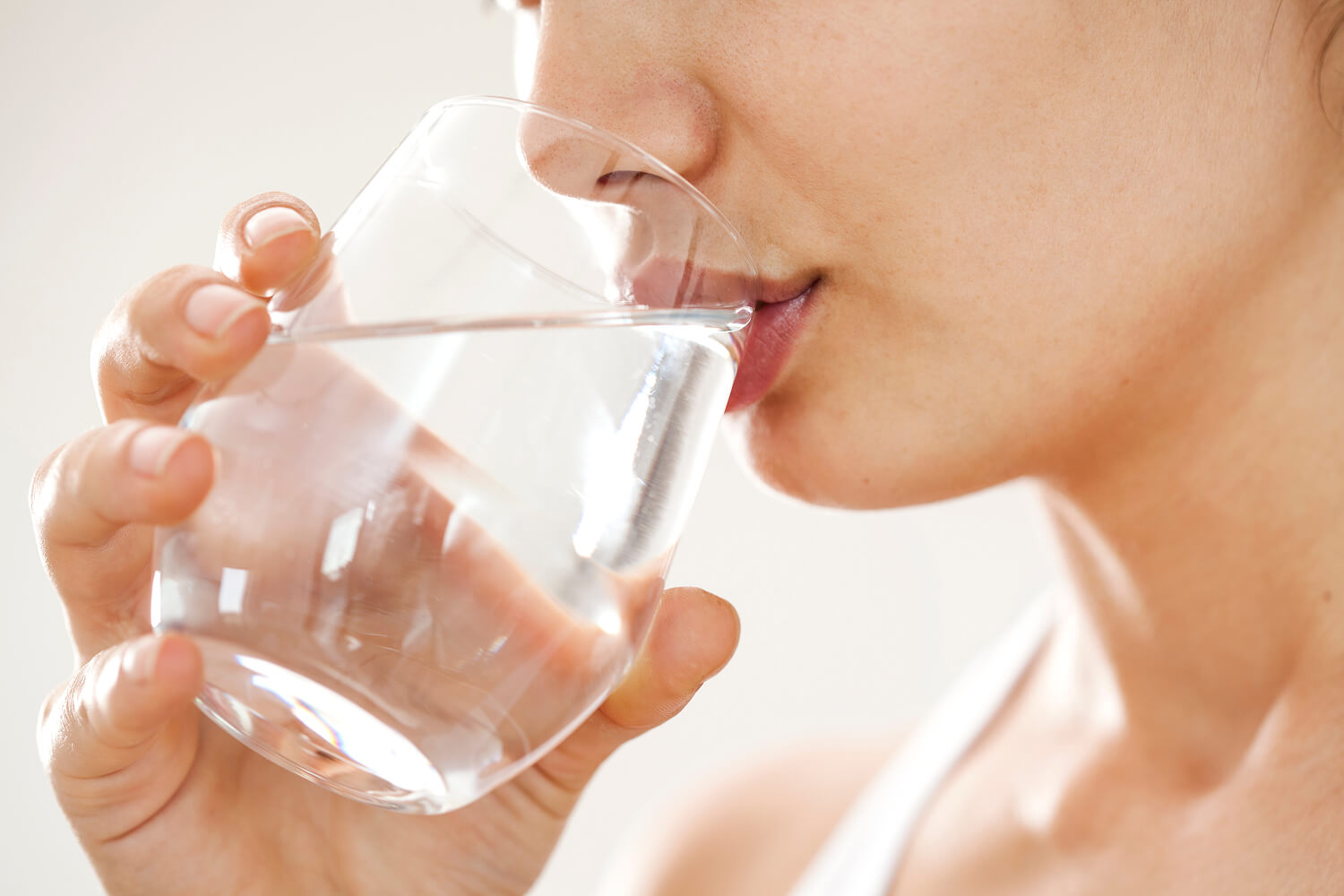When you turn on the tap in your home, do you ever stop to wonder about the quality of the water flowing out? While public drinking water meets safety standards, it’s not as “pure” as you might think. In the Tri-Cities region—Kingsport, Johnson City, and Bristol (both Tennessee and Virginia sides)—drinking water contains various impurities and contaminants. These substances are within regulatory limits but can still impact your water’s taste, odor, and potential health effects. Let’s take a closer look at what’s in the water in these cities and explore how you can ensure the highest water quality for your family.
What’s in the Water? Understanding the Contaminants
Across the Tri-Cities, water quality reports from 2023 highlight the presence of several key contaminants that raise concerns despite being within regulatory limits. These include Total Trihalomethanes (TTHMs), Haloacetic Acids (HAAs), chlorine, turbidity, and fluoride. Here’s what these substances are and why they matter:
- TTHMs (Total Trihalomethanes): Found at levels ranging from 40 ppb in Johnson City to 51 ppb on the Virginia side of Bristol, TTHMs are disinfection byproducts formed when chlorine reacts with natural organic matter in the water. While chlorine is necessary to kill harmful microorganisms, TTHMs pose a risk when consumed over long periods. Prolonged exposure has been linked to an increased risk of cancer, liver damage, and adverse reproductive effects. Even at lower levels, TTHMs can impact the taste and odor of your water.
- Haloacetic Acids (HAAs): Another byproduct of chlorine disinfection, HAAs are present in all three cities, with levels peaking at 37.7 ppb in Bristol, TN. Like TTHMs, HAAs are associated with potential health risks, including cancer and developmental issues. While regulated to minimize exposure, their presence underscores the trade-off between disinfection and the creation of potentially harmful byproducts.
- Chlorine: Chlorine is essential for maintaining safe water by eliminating bacteria and viruses, but its effects don’t stop there. Levels range from 1.22 ppm in Bristol, VA, to 2.10 ppm in Kingsport. High chlorine levels can leave an unpleasant taste and smell in your water and dry out skin and hair during showers. Additionally, chlorine’s interaction with organic matter contributes to the formation of TTHMs and HAAs.
- Turbidity: A measure of water clarity, turbidity indicates the presence of suspended particles that can shield harmful microorganisms from disinfection, making it harder to eliminate them effectively. In the Tri-Cities, turbidity levels range from 0.08 NTU in Kingsport to 0.29 NTU in Johnson City, with Bristol reporting levels of 0.14 NTU in Tennessee and 0.13 NTU in Virginia.
- Fluoride: Added to water supplies to prevent tooth decay, fluoride levels vary from 0.34 ppm in Kingsport to 0.64 ppm in Johnson City. While fluoride offers dental benefits, recent studies show that excessive exposure can lead to possible neurological issues with children, including causing low IQ scores. Striking a balance is crucial to avoid overexposure while reaping fluoride’s protective effects.
- Water Hardness: Although municipalities don’t test for water hardness in their required testing, it is a critical factor to consider when looking at your water quality. In our experience testing water in the Tri-Cities, we typically see hard water scores of about 10-15 gpg, which is very high. Hard water levels such as these can lead to issues such as dry skin and hair, shortened appliance lifespan, and hard water stains.
Together, these contaminants highlight the challenges of maintaining safe and pure drinking water. While regulatory standards aim to protect public health, the presence of these substances can still affect your water’s quality, taste, and potential long-term health implications.
How the Collins 360 Water System Can Help
At Collins Water Purification, we’ve designed the Collins 360 Water System to tackle common water quality concerns and transform your home’s water. This innovative solution works in three steps to provide cleaner, softer, and healthier water throughout your home.
First, our water softener eliminates hard minerals like calcium and magnesium that contribute to scale buildup. By softening your water, this step reduces scale on pipes and fixtures, extends the life of water-using appliances, and leaves your skin and hair feeling softer and more comfortable. Cleaning becomes easier too, with fewer hard water spots to manage.
Next, our reverse osmosis (RO) filtration system delivers ultra-pure water for drinking and cooking. It removes harmful contaminants like chlorine, TTHMs, and HAAs, while improving the taste and odor of your water. This ensures your family enjoys crisp, clean water that supports healthier living.
Finally, our whole-house chlorine removal system eliminates chlorine from all water sources in your home. While chlorine is essential for disinfection, it can be harsh on skin, hair, and plumbing. By removing chlorine, our system helps protect your plumbing, reduces drying effects on skin and hair, and enhances overall water quality.
With the Collins 360 Water System, you can experience the benefits of cleaner, safer, and more enjoyable water every day.
Take Control of Your Water Quality
While public drinking water in the Tri-Cities is safe, it’s not free from impurities that can affect your health and comfort. The Collins 360 Water System offers an all-in-one solution to ensure your family enjoys the purest, softest, and most refreshing water possible. Contact Collins Water Purification today to learn more and schedule your consultation. Experience the difference of truly superior water—because you and your family deserve nothing less.



